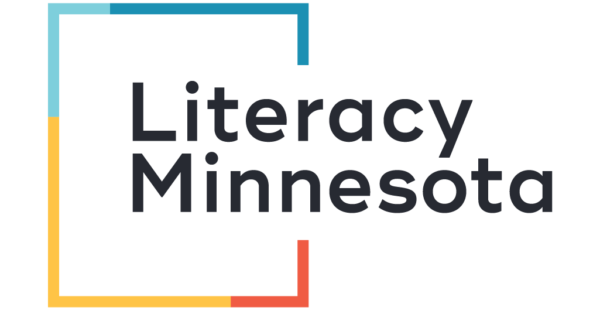Resources
Results
The Best Way to Learn Math is to Learn to Fail Productively
Problem Strings
For Teachers: Please Don’t Teach Exponent Rules
ELL Math
Writing SMART Goals for English Learners
Writing Across Borders
Transforming Grammar Instruction: Moving from a Traditional Practice to a Functional Practice
ThoughtCo: Writing Skills
The Teachers’ Room: Correcting Errors
Visible Thinking
Language Experience Approach and Adult Learners
TEFL Online Tutorial: Teaching Grammar in Context
Teaching Language Through Content: CAL Resource Guides Online
Teaching in the Multilevel Classroom
Teaching Grammar to Adult English Language Learners: Focus on Form
Tactics for use during the strategy lesson: Feedback is explicit, positive, and corrective
Supporting ELLs in PBL Projects
ReadWriteThink
Promoting Success of Multilevel ESL Classes: What Teachers and Administrators Can Do
Project-Based Learning: Buck Institute for Education
New Resources
Diversity, Equity, Inclusion, and Accessibility in Adult Foundational Education
Community Interpreter Credential
Certified Nursing Assistant Credential
Presenter Information
Get information about stipends, reimbursements, and other instructions for presenters.
MN ABE YouTube Channel
The MN ABE YouTube Channel is a free online PD resource that you can use to explore teaching techniques and classroom ideas in action! Find out more in this MN ABE Connect newsletter article.
Upcoming ABE Events
CASAS STEPS and Burlington English Prep Virtual Conference
Registration Deadline: FRI. 4/26/24 Come learn about the new CASAS STEPS assessment and the new BurlingtonEnglish CASAS preparation materials. We’ll collaborate together in person, sharing strategies learned from states who have already adopted the new CASAS Steps assessment, gaining confidence with the English Language Proficiency standards, and receive… Learn More
Working with Literacy and Beginning Level ESL Learners
Registration Deadline: FRI. 4/26/24 Learners with limited English and literacy skills have unique needs for in-person and remote instruction. Participants will learn best practices and tips for success at this level. They’ll also get several ideas for routines, activities and resources to use in their classes and tutoring… Learn More
Teaching Intermediate Alphabetics
Registration Deadline: MON. 4/29/24 Teaching intermediate alphabetics (syllables, prefixes, suffixes, root words) is a great way to help students build their decoding and comprehension skills. Come learn a variety of fun and easy-to-use routines and activities for helping intermediate-level readers develop these important tools. Learn More

